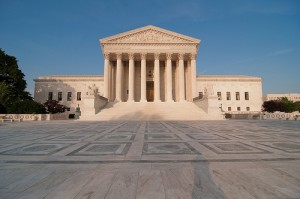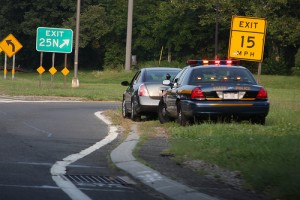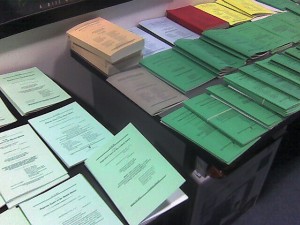Multiple Taxation Vexation
Posted
04 Jun 2014 in Case Notes
Taxpayers X and Y live in the same state and have the same income but Taxpayer X earns all of her income in-state while Taxpayer Y earns all of her income out-of-state. Taxpayer Y pays more in taxes because she pays income taxes out-of-state and pays a county income tax in her home state. Unfair? (Not necessarily. After all, Taxpayer Y receives government services in the county where she resides.) Unconstitutional? The Supreme Court will decide.
The Supreme Court hasn’t decided a state and local government tax case since Armour v. Indianapolis, during the Court’s 2011 term. In Comptroller v. Wynne it will decide an issue of first impression: whether a state must offer a credit to its residents for all income taxes paid to another jurisdiction. A decision against Maryland’s Comptroller would limit state and local taxing authority nationwide.
Taxpayer Y pays more in taxes because she pays income taxes out-of-state and pays a county income tax in her home state. Unfair? (Not necessarily. After all, Taxpayer Y receives government services in the county where she resides.) Unconstitutional? The Supreme Court will decide.
The Supreme Court hasn’t decided a state and local government tax case since Armour v. Indianapolis, during the Court’s 2011 term. In Comptroller v. Wynne it will decide an issue of first impression: whether a state must offer a credit to its residents for all income taxes paid to another jurisdiction. A decision against Maryland’s Comptroller would limit state and local taxing authority nationwide.











